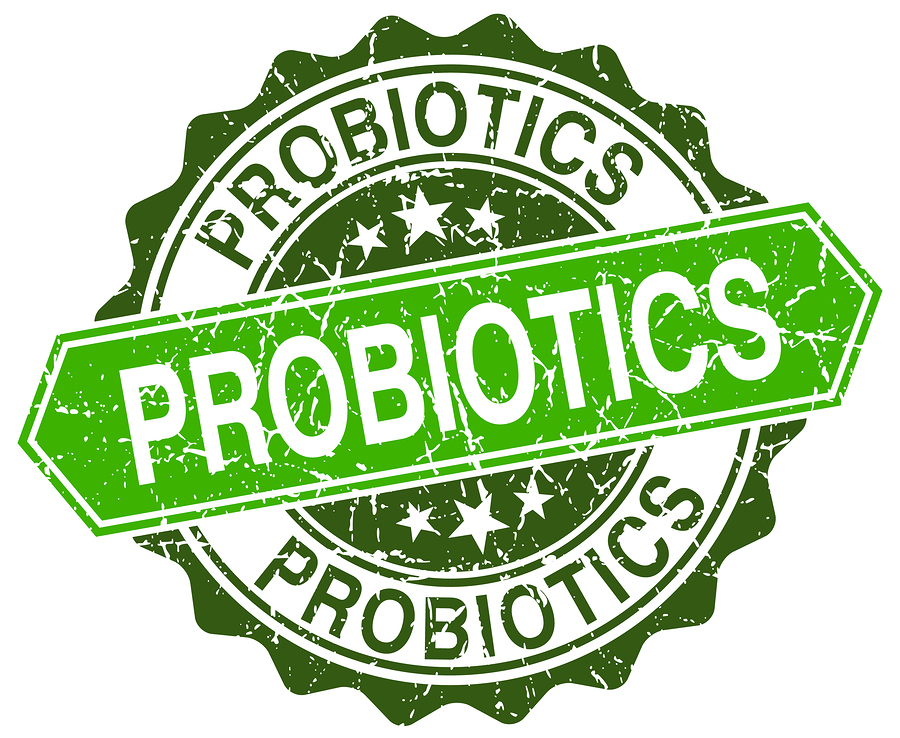
This post may contain affiliate links. We are compensated for referring customers to our affiliate partners.
You’ve probably been hearing a lot about probiotic supplements. They are all over the market right now. But what about your dog? Should you be feeding your dog a probiotic supplement in their diet? Let’s take a look at what a probiotic is, how it can be used to support your dog, and how often you should be feeding it to your dog.
Dr. Karen Becker Discusses Probiotics For Pets
What Is A Probiotic?
A probiotic is a natural supplement that is made using live microorganisms. They are usually found in food ingredients such as yeast or yogurt. Probiotics are the good bacteria that lives in our gut and helps us to properly digest our food. A properly working digestive tract means that your body is taking more of the healthy stuff out of your food and using it for the right reasons in your body. If you have a good balance of bacteria in your gut, you are more likely to be able to function properly and not have to worry about digestive side effects.
What Can Give A Dog A Probiotic Imbalance?
There are many different things that can cause an imbalance of bad bacteria and good bacteria in your gut. One of these is stress. If your dog is exposed to a large amount of stress, they might be more susceptible to diarrhea, which can lead to an imbalance in the intestines. Diarrhea usually happens when the bad bacteria takes over the digestive tract, and can have lasting effects on your dog’s behavior. If you know that you are going to be leaving your dog at a kennel or taking them on a long car trip that might induce stress, you will probably want to think about giving them an extra probiotic supplement. Keeping the bacteria in balance in the digestive tract can mean that you have a happier trip and avoid any messy bathroom situations for both you and your pet.
Boost Immune Function
Studies have shown that a dog with a good balance of bacteria in their digestive system is better at warding off other infections and bacteria that is introduced to their system. Feeding your dog a probiotic can actually help them to fight off any sickness that they may pick up along the way. And this is not just contained to infections that happen inside the gastrointestinal tract. It also applies to other bacteria and illness in other parts of the body. It all stems back to the fact that the body works together as a whole, and if pieces are functioning properly and working together, the body can use this alliance to fight off whatever invaders might come your way. Giving your dog the one up on sickness can be an easy way to keep your trips to the vet to a minimum.
How To Give A Probiotic
Sometimes probiotics are just given in short term situations. If your dog is on antibiotics, it is a good idea to include a probiotic supplement to help them get some of the good bacteria back into the digestive system. Antibiotics go after everything and will also kill off the healthy bacteria. This is why your dog may experience diarrhea after or during a round of antibiotic treatment. Once a balance has been reestablished, the dog can usually stop taking the probiotic and return to normal. The healthy benefits of a probiotic stop immediately when you stop taking the supplement, however, they are meant to re-establish a balance, not maintain it for you forever.
Long Term Conditions
In the case of a long term condition that requires probiotics, the supplements can often get expensive and annoying to remember every single day. A lot of pet owners, and even humans will adjust to an every other day schedule in order to keep the healthy bacteria in balance, but also to give your body a chance to catch up on inbetween days. Follow the instructions on the bottle, or the instructions given to you by your vet for a full month or two to determine exactly how it is helping your dog’s condition. After you have seen what the probiotic can do, then it is time to talk to your vet about ways to cut back and how to save while still giving your dog the benefits of a probiotic.
Prebiotic Supplement
In addition to probiotic supplements, there are also prebiotic supplements on the market. These two are not to be confused with each other, although their names do sound like. A prebiotic supplement is made out of non-digestible materials that help to support the growth of the healthy microorganisms. Prebiotics do not contain any of the microorganisms themselves, but rather encourage your body to grow and make the microorganisms themselves. If you’ve gone through a round of probiotics, you might want to try switching to a prebiotic to see if you can achieve similar results with the microorganisms that are already present in your dog’s digestive tract.
It is always best to talk with your veterinarian before adding a supplement to your dog’s diet. Dogs have a very sensitive digestive system and need to be handled properly with the right expertise for the best results. Probiotic supplements might be a good choice for your dog during traveling, or during and after a round of antibiotics. If you notice your dog having a lot of changes with digestion or a lot of diarrhea, it might be time to think about adding a probiotic supplement to their diet. Some dog foods may already have a probiotic supplement built right in, so be sure to shop around and read the ingredients on your dog food before adding in more. Picking a food with a built in probiotic may also save you the hassle of trying to shove another pill down your dog’s throat every day.
